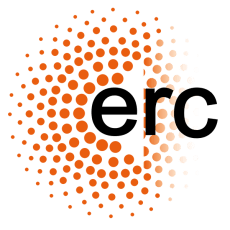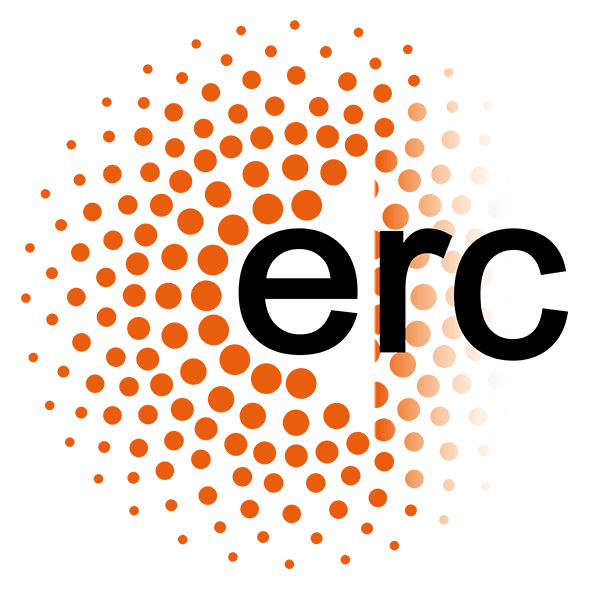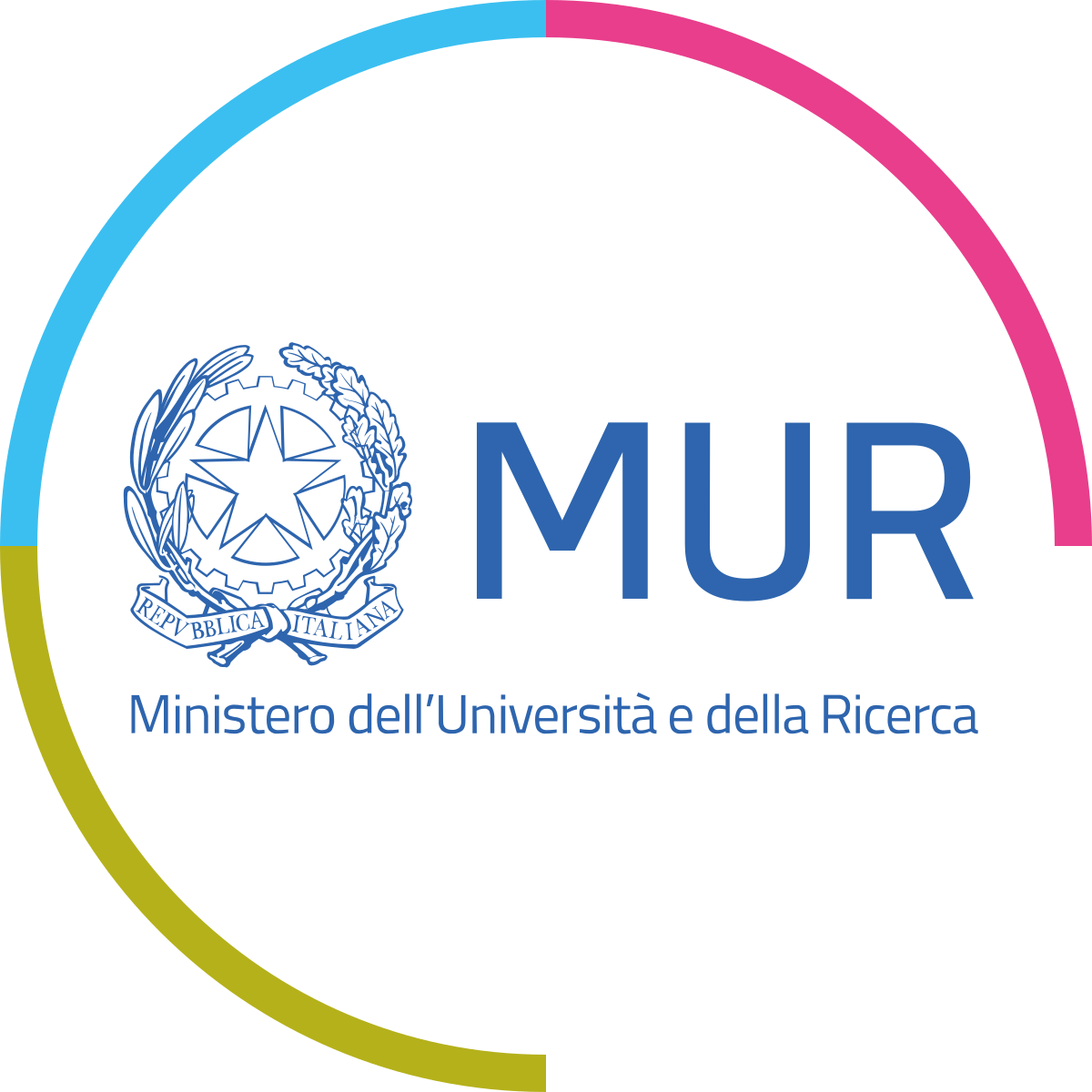Ongoing Projects
On Focus
ALL ONGOING PROJECTS
Minimum wages and taxes and transfers are the primary policy tools to boost incomes for the working poor. However, despite their pervasive adoption and extensive research on them, we still face important unanswered questions. Is having a minimum wage at all justified when governments can redistribute with taxes?
The BALANCE project (Firms' Social Impact: Balancing Profits and Externalities) investigates how corporations navigate the trade-off between profit maximization and their impact on society and the environment.
The over-arching goal of STATE-DEV is to advance our understanding of the development of state capacity, with particular emphasis on three essential pillars: 1) the drivers of demand for state capacity; 2) the quality of the state's bureaucracy, a crucial element of the supply side of state capacity; 3) the institutional elements that facilitate or hinder corruption in the operations of the state.
What are the effects of robotics on individual workers’ careers? What are the effects of A.I. on firms’ labor demand and aggregate employment?
“ESG investing” and “sustainable finance” integrate environmental (E), social (S), and governance (G) issues into investment decisions. This trend has led to significant regulatory and market changes.
This research project will combine quasi-natural experiments and insights from the network literature in order to provide causal evidence on the distributional impact and propagation patterns of climate shocks across the infrastructure network, firms, and workers.
This project aims at evaluating the career progression effects of labor market policies targeting individuals at the low end of the wage spectrum and marginally attached to the labor market. Our focus is placed on minimum wages and active labor market policies (ALMPs), tools that have gained prominence in the debate around fair compensation and inclusive growth.
This project plans to study the political economy frictions behind financial regulation in Africa. Combining bank balance sheets and information on bank chief executive officers (CEOs), we will measure the ethnic connotation of banks and the co-ethnicity between CEOs and regulators.
The goal of this proposal is to advance the research frontier on expectations formation and their economic impact. The proposal consists of three related projects that, through the provision of novel empirical evidence and the design of a new theoretical framework, can guide future research and better inform policy decisions.
The project investigates how monopsony power, where employers hold significant market power over labor, contributes to increasing wage inequalities and other labor market inefficiencies. It aims to understand the sources of monopsony power, which can include anti-competitive labor practices such as "no-compete" agreements, as well as cognitive biases affecting workers' decisions to leave low-paying jobs. It also aims to assess how these factors affect various socio-economic groups within the workforce.


